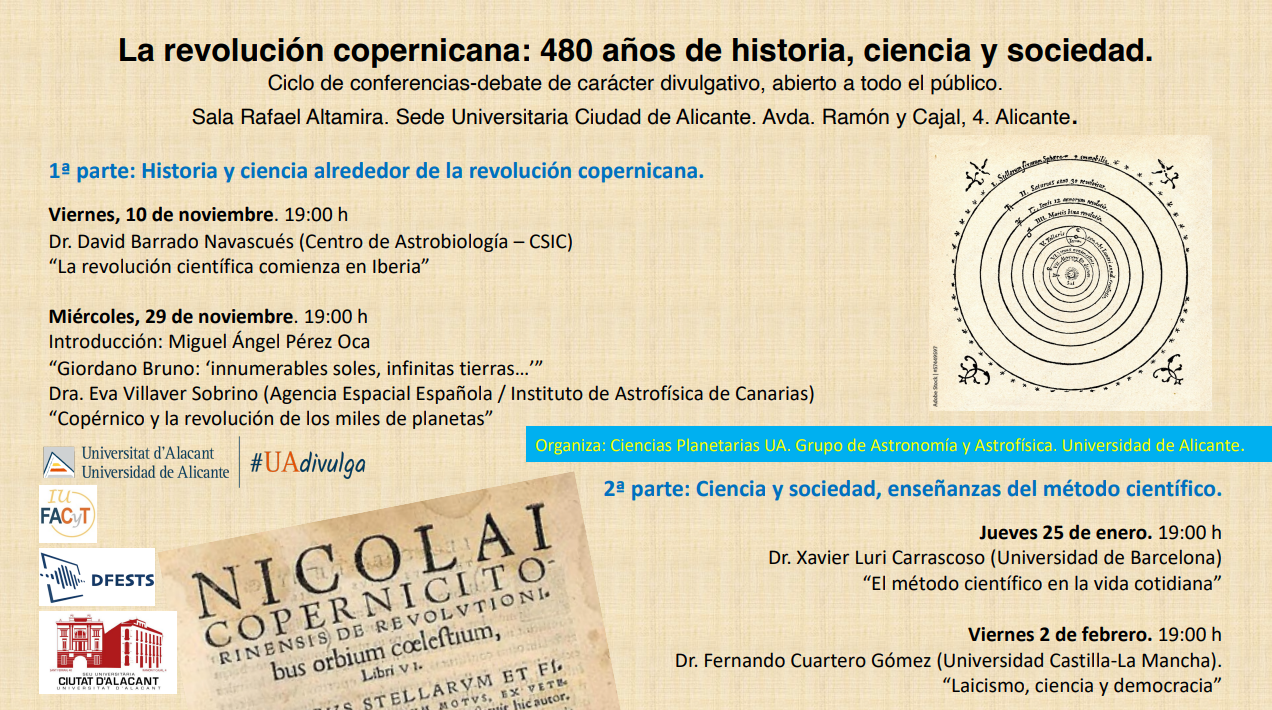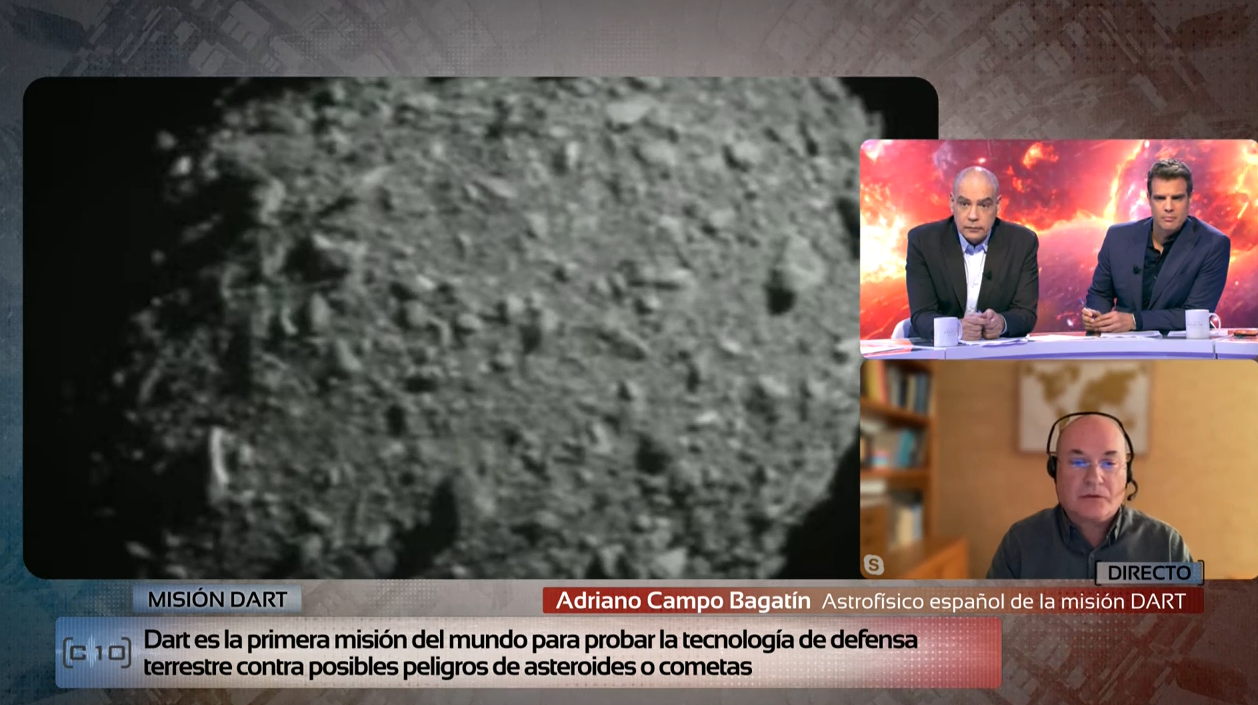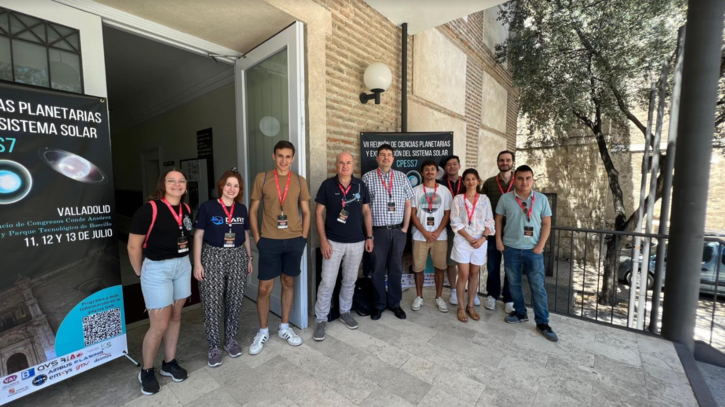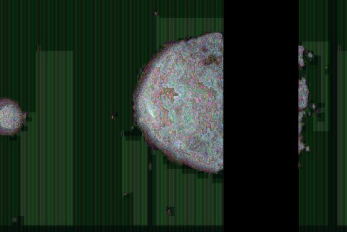 Coinciding with the 480th anniversary of the publication of De revolutionibus orbium coelestium (On the revolutions of the celestial orbs) by Nicolás Copernicus, the University of Alicante (UA) presents the lecture series The Copernican revolution: 480 years of history, science and society . With this work, the polish astronomer began a time of questioning medieval thought installed in European culture with his heliocentric theory, where the revolves in orbit around the Sun.
Coinciding with the 480th anniversary of the publication of De revolutionibus orbium coelestium (On the revolutions of the celestial orbs) by Nicolás Copernicus, the University of Alicante (UA) presents the lecture series The Copernican revolution: 480 years of history, science and society . With this work, the polish astronomer began a time of questioning medieval thought installed in European culture with his heliocentric theory, where the revolves in orbit around the Sun.
The first part of the cycle organized by the UA will focus on the history and science around the Copernican revolution, from the pre-Copernicans to Galileo Galilei, by David Barrado this Friday, November 10, 2023. For its part, on Wednesday, November 29, 2023, the session will feature the newly appointed director of the Office of Space and Society of the Spanish Space Agency, Eva Villaver, who will delve into the recent revolution of the discovery of extrasolar planets, imagined five centuries earlier by Giordano Bruno. The Alicante writer Miguel Ángel Pérez Oca will introduce the figure of this Neapolitan thinker who was a victim of the denial of free thought marked by the Inquisition.
In the second part of the cycle, the relationship between credulity and science, fake news and the scientific method will be analyzed. Thus, on Thursday, January 25, 2024, Xavier Luri, from the University of Barcelona, will talk about the scientific method in everyday life. Finally, on Friday, February 2, Fernando Cuartero, from the University of Castilla-La Mancha, will analyze the relationship between the need for an objective vision of natural and social reality, secularism in terms of institutional neutrality with respect to individual free beliefs and the embodiment of those principles in a fully realized democracy



 Coinciding with the 480th anniversary of the publication of De revolutionibus orbium coelestium (On the revolutions of the celestial orbs) by Nicolás Copernicus, the University of Alicante (UA) presents the lecture series The Copernican revolution: 480 years of history, science and society . With this work, the polish astronomer began a time of questioning medieval thought installed in European culture with his heliocentric theory, where the revolves in orbit around the Sun.
Coinciding with the 480th anniversary of the publication of De revolutionibus orbium coelestium (On the revolutions of the celestial orbs) by Nicolás Copernicus, the University of Alicante (UA) presents the lecture series The Copernican revolution: 480 years of history, science and society . With this work, the polish astronomer began a time of questioning medieval thought installed in European culture with his heliocentric theory, where the revolves in orbit around the Sun.